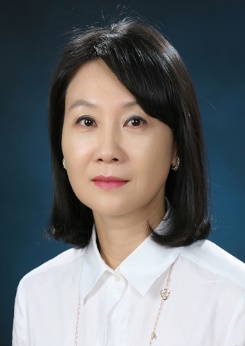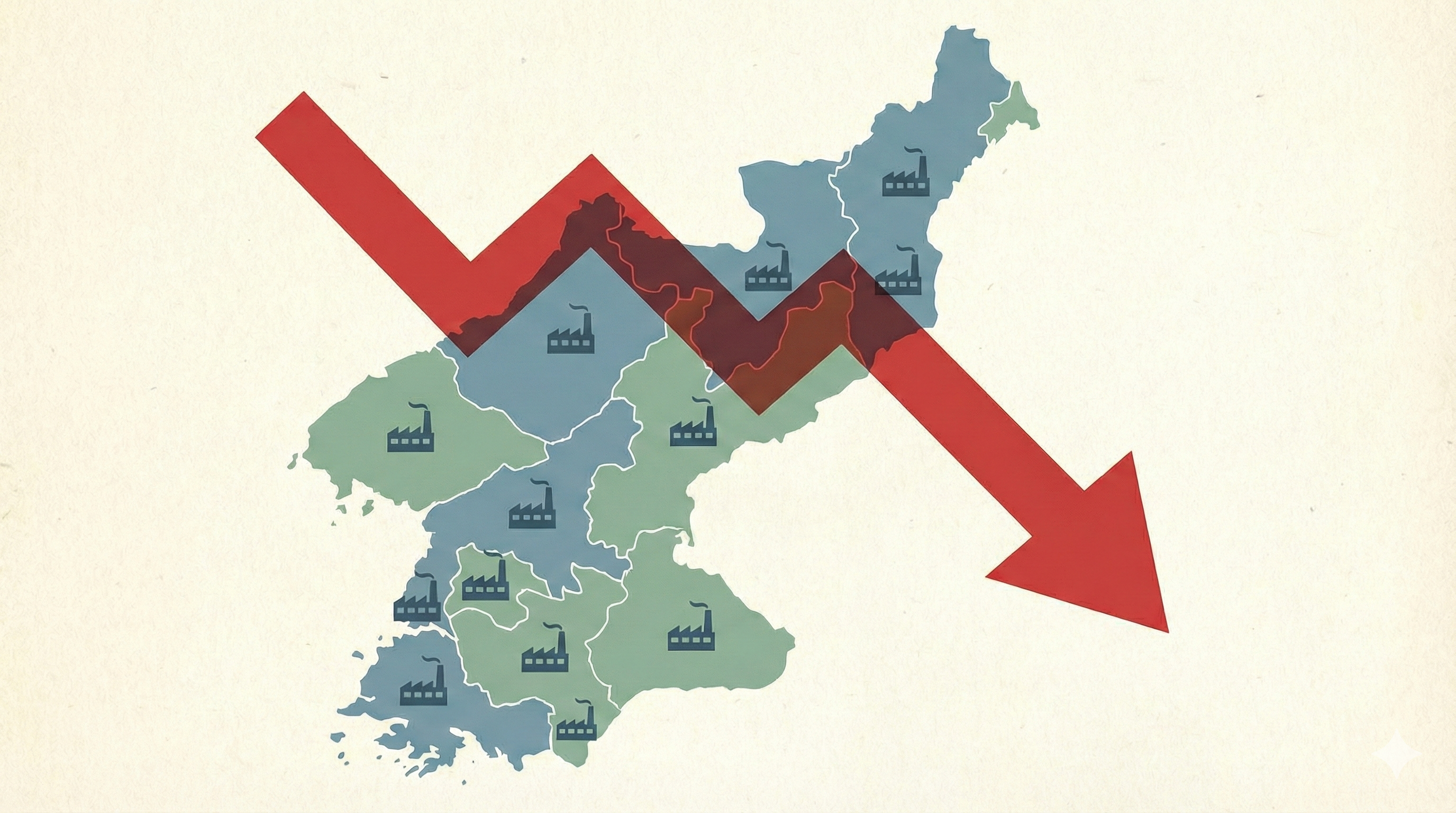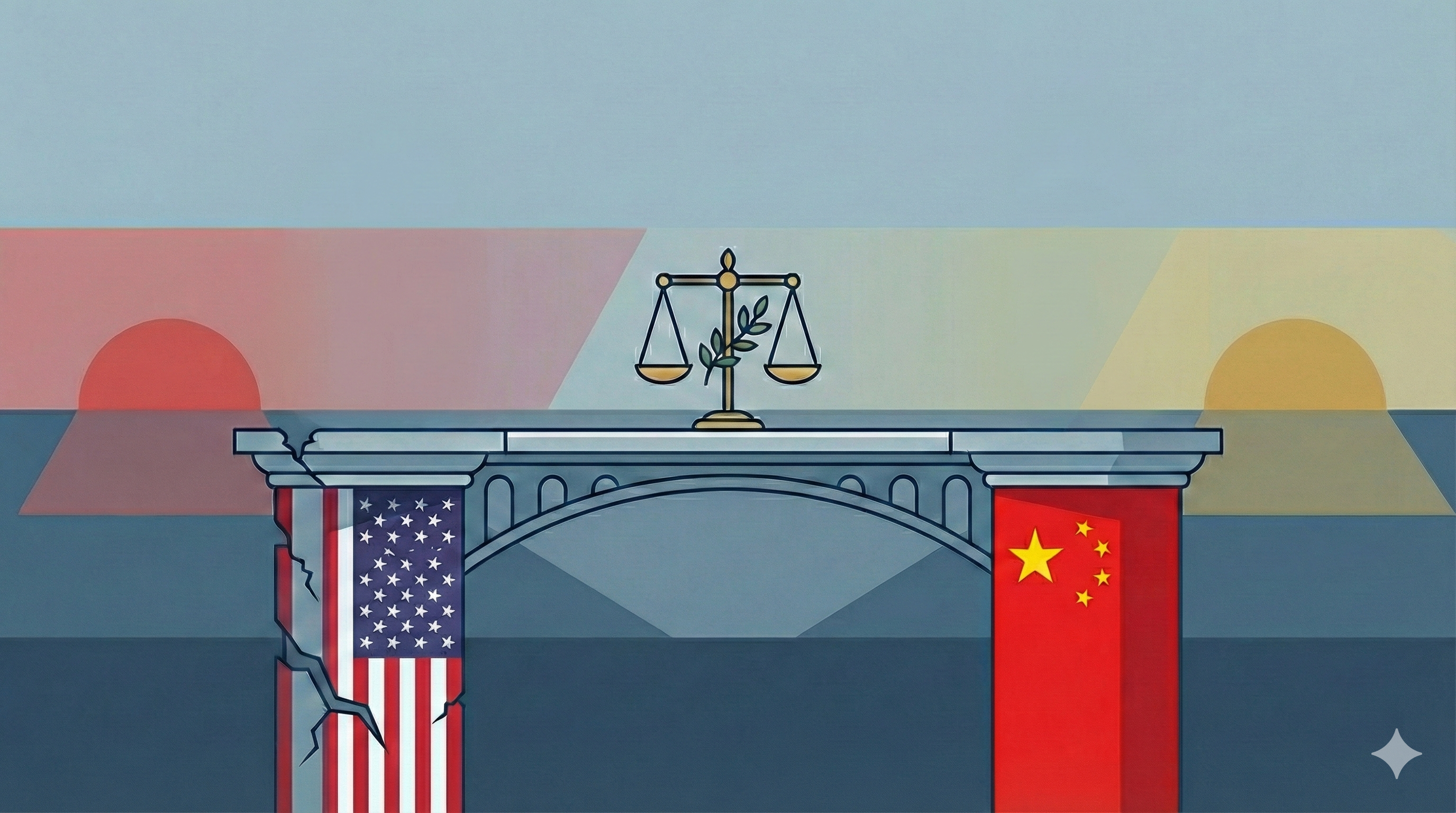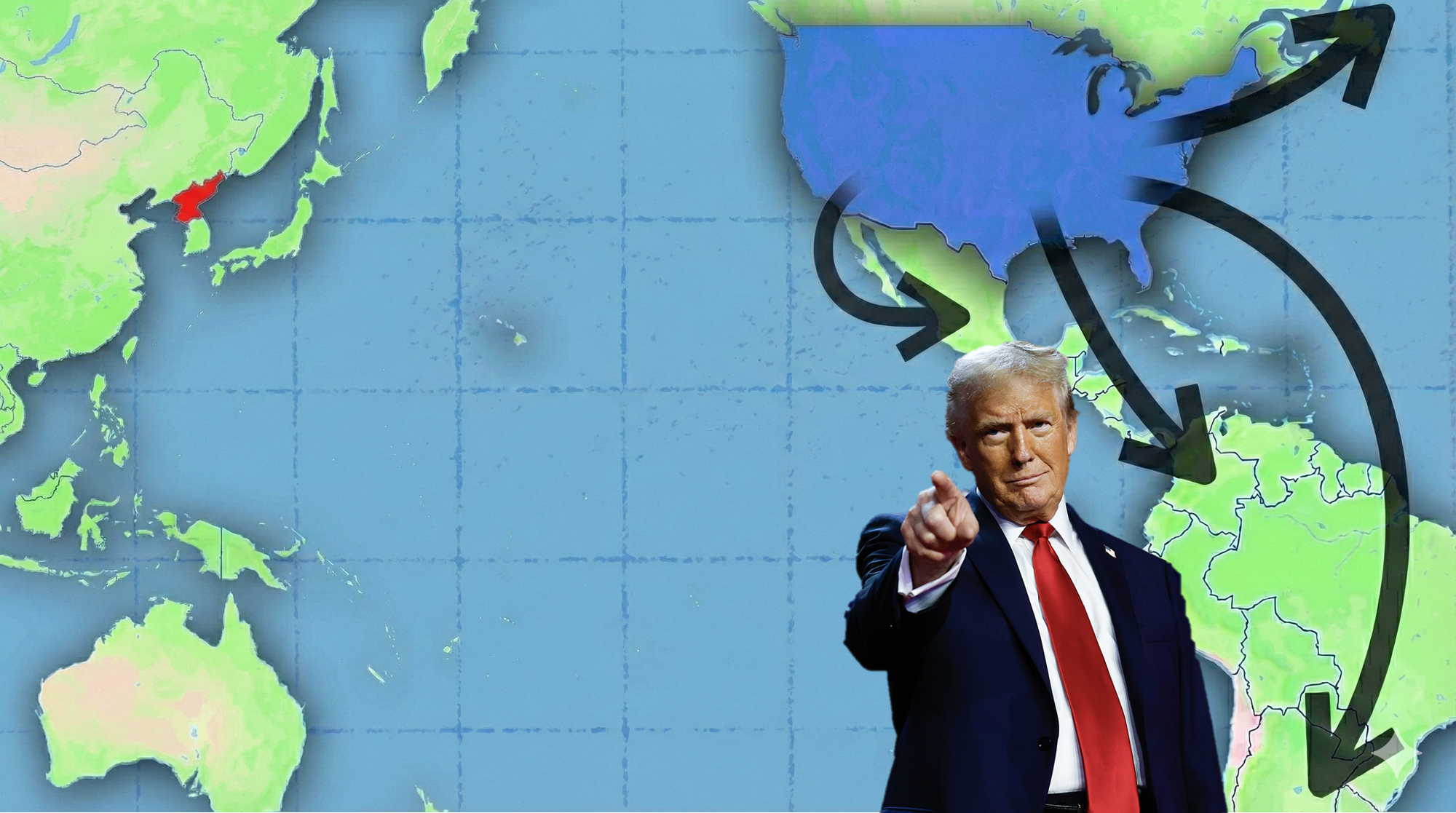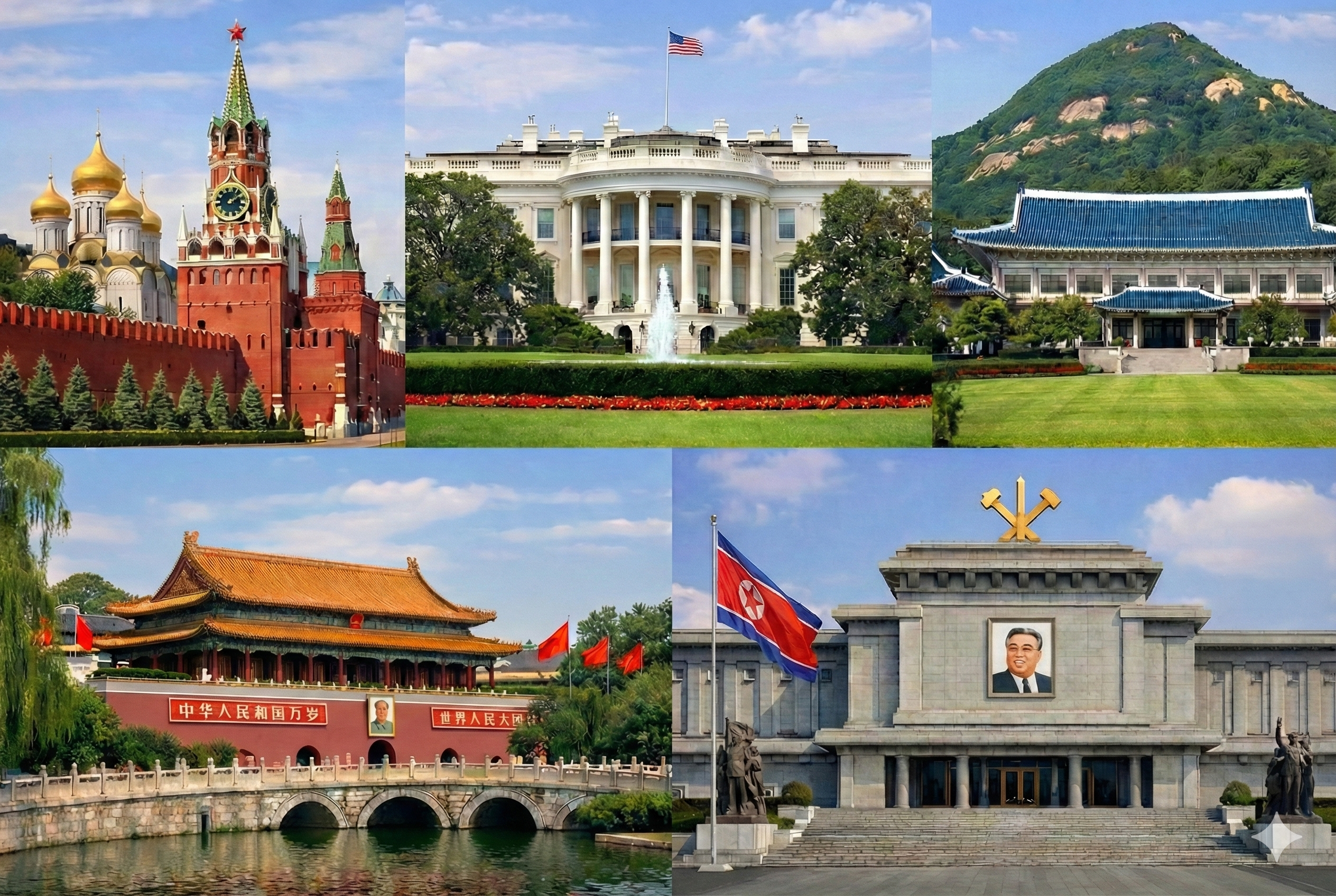South Korea's Diplomatic Odyssey in Joining the United Nations (UN)
2021 marks the 30th anniversary of the simultaneous admission of two Koreas to full membership in the UN in 1991. In 1948, the UN recognized South Korea as the sole legitimate government on the Korean Peninsula. South Korea, which participated in the UN General Assembly that year as an observer, began its pursuit for UN membership in January of the following year. Following that, the South Korean government applied for membership eight times, five times by itself and three times by its allies, but it took 42 years to achieve the goal in 1991.
Admission into the UN as a member state requires approval from the five permanent members (U.S., Soviet Union, U.K., France, and China) and ten non-permanent members of the UN Security Council. According to the UN Charter, in order for UN Security council resolutions to be adopted, all permanent members must agree to the resolution. A number of resolutions recommending South Korea to be admitted to the UN as a member state or applications for reconsideration received support from many member states, but the Soviet Union stood in the way each time. Furthermore, when the People's Republic of China represented China instead of Taiwan in 1971, it became more challenging for South Korea to be admitted into the UN.
During the Cold War, divided countries attempted to gain international recognition, claiming that their government was the only legitimate government among its counterparts. Therefore, it waged all-out diplomatic warfare not only to join the UN, but also to prevent its counterpart from being admitted. However, President Park Chung-hee's "Special Statement on Foreign Policy for Peace and Reunification," also known as the June 23 Statement, in 1973, marked a significant shift in South Korea's policy of admission to the United Nations. The statement was announced a day after the Security Council passed the proposal for the simultaneous accession of East and West Germany to the UN. Article 5 of the statement stipulates that South Korea does not oppose simultaneous accession unless it becomes an impediment to reunification. However, Kim Il Sung criticized the statement, referring it as a “maneuver to divide Korea” and instead requested North Korea’s admission to the UN as the “Democratic Confederal Republic of Koryo.”
In 1975, the South Korean government requested the reconsideration of its application twice in the wake of South and North Vietnam's applications to join the UN. Nonetheless, the Security Council did consider the appeals. Out of eight applications to join the UN, four were rejected due to the Soviet Union veto and the remaining four were essentially rejected as the Security Council took no action.
Nevertheless, South Korea continued to persuade member states of the necessity of its membership and centered diplomatic efforts on creating favorable conditions for attaining membership, such as actively participating in various activities of the UN.
Notably, South Korea, under the Roh Tae-woo administration, successfully hosted the 1988 Seoul Olympics. Many communist countries, including the Soviet Union and China, participated in the Olympics through the Roh administration’s active pursuit of Nordpolitik. International consensus in support for South Korea's membership in the United Nations grew as a result. A decisive moment arrived when the South Korean government established diplomatic relations with Eastern Bloc countries, beginning with Hungary in February 1989, and subsequently with the Soviet Union in September 1990. The administration also agreed to establish a trade office with China in October 1990.
In response to President Roh’s 1991 press conference where he stated the South would push for independent accession into the UN, Kim Il Sung criticized this move as “an unforgivable mortal sin that divides Chosun into two” and proposed that the two Koreas simultaneously join the UN with a single seat. However, North Yemen and South Yemen, which joined the UN in 1947 and 1967, respectively, became one member state following reunification in May 1990. Similarly, East and West Germany represented one member state following reunification in 1990. Therefore, North Korea’s argument that the admission would further divide the Koreas lacked ground. In the end, 71 member countries backed South Korea's accession, while North Korea's proposal for a single seat received no response; North Korea consequently announced its intention to join the UN in May 1991. On August 8, 1991, with the approval of all 15 Security Council members, a resolution recommending the admission for both South and North Korea was passed. At the General Assembly session on September 17, North Korea (DPRK) and South Korea (ROK) became the 160th and 161st member states of the UN, in alphabetical order.
Most attribute South Korea’s admission into the UN, one involving a 42-year long diplomatic odyssey, to the structural changes in international relations brought about by the end of the Cold War. Support from the Soviet Union following the establishment of diplomatic ties between South Korea and the Soviet Union is cited as another reason. Undeniably, the South Korean government's concerted diplomatic efforts were also effective. However, the indispensable role of China was a decisive factor. According to Ten Episodes in China’s Diplomacy (外交十記), a memoir written by Chinese Foreign Minister Qian Qichen (錢其琛), who visited North Korea in May 1991 as part of an entourage for Prime Minister Li Peng (李鵬), China issued a kind of ultimatum, stating that “If South Korea joins first, it will be difficult for North Korea to join following that.” However, at the same time, he explained the dynamics of the Security Council at the time and played a decisive role in allaying Kim Il Sung's fears that only South Korea's membership application would be approved, while North Korea’s application could be rejected.
Two Koreas’ Simultaneous Admission to the UN: Masterstroke or Misstep?
Although South Korea and North Korea each acquired a separate seat in the UN, rather than as one unified state, there were high expectations that simultaneous admission would serve a monumental event that would end the Cold War structure in East Asia and lead the Korean Peninsula to a path of peaceful coexistence. However, whereas it took 17 years for East and West Germany to unite their seats in the UN, the gap between the two Koreas in terms of national power has only widened over the last three decades. In addition, instability on the Korean Peninsula has intensified due to North Korean nuclear armaments. In this context, it is necessary to consider at least the following two points in assessing the simultaneous accession of the two Koreas.
First, once South and North Korea became official UN member states, they were recognized as two sovereign states with different systems and ideologies in the international community; both sides came to acknowledge this fact. In addition, since the UN renders war illegal, both Koreas agreed to recognize international law, which stipulates that unification by force is intolerable. However, there was widespread criticism claiming that the divide had become permanent due to compromises made by the superpowers without any basic agreement between the two Koreas.
In the case of East and West Germany, Chancellor Willy Brandt of West Germany, who assumed power in 1969 and announced Ostpolitik, based on the Peace Policy for Europe and the peaceful management of the division system, signed the Basic Treaty between East and West Germany in 1972. At the same time, as Brandt abolished the Hallstein doctrine (a foreign policy that recognized West Germany as the only legitimate state and severed diplomatic relations with any country that acknowledged communist East Germany), East and West Germany announced that they were under unique relations. Since then, both Germanies promoted human and material exchanges, leading to their simultaneous admission to the UN.
On the other hand, the two Koreas were admitted to the UN without prior steps or coordination among the two countries. Particularly, in the case of North Korea, Kim Il Sung’s decision to join the UN in May 1991 came about abruptly. Three months after the two Koreas’ simultaneous accession, North and South Korea signed an inter-Korean Basic Agreement that defined their relationship as unique, aimed at reunification and jointly declared the denuclearization of the Korean Peninsula. However, in the absence of any internal institution or legal framework, such follow-up measures proved ineffective in resolving the roller coaster of optimism and disappointment that characterized inter-Korean relations. Moreover, while South Korea established diplomatic ties with the Soviet Union and China before and after its accession, North Korea has yet to improve its relations with the U.S. and Japan.
A comparison of the two Germanys’ and Koreas’ simultaneous accessions shows that there were parallels in that both countries underwent a structural transformation in international politics as a result of the policy of détente in the 1970s and the end of the Cold War in the early 1990s. Admission into the UN was the result of West Germany's Ostpolitik and South Korea's Nordpolitik. However, as there was no prior agreement between the two Koreas and no cross-approval from neighboring countries, the simultaneous joining of the two Koreas demonstrated significant differences. Furthermore, the event was insufficient in improving inter-Korean relations and overcoming the divided state.
Second, even after 30 years of simultaneous membership, South and North Korea have exhibited significantly different records. Achieving its long-awaited accession to the UN, South Korea, as a “prepared” member state, has achieved tangible outcomes that serve two purposes: advancing its national interests, and contributing to the world in several ways. South Korea was twice appointed to the UN Security Council as a non-permanent member and South Korean national Ban Ki-moon was appointed as UN Secretary-General. Moreover, it was elected as a member of the UN Economic and Social Council for the fifth time in a row and is currently ranked 11th in the world (expected to be 9th in 2022) in terms of development cooperation and financial contribution to the UN. On the other hand, while having started at the same point, North Korea took a radically different path in terms of its international standing. North Korea has been subject to continuous sanctions and condemnation in the UN for its nuclear and human rights issues and is ranked 130th in terms of its contributions to the UN.
On the other hand, North Korea’s accession to the UN provided the country with an opportunity to engage directly with the international community and “open up” its own diplomatic position. During the Cold War, with the support of the Soviet Union and China, Kim Il Sung maintained a revolutionary line toward South Korea. However, as the Cold War order collapsed and South Korea established diplomatic ties with the Soviet Union, Kim became concerned about unification through absorption by South Korea. Consequently, its application to join the UN was the regime's survival strategy. Following that, North Korea tried to use the UN as a springboard to improve relations with the West, including the U.S. Additionally, economic hardships and famine in North Korea were considerably alleviated through the UN-affiliated International Children's Fund (UNICEF), the Food and Agriculture Organization (FAO), and the World Food Program (WFP).
According to Professor Joo Jae-woo of Kyunghee University, North Korean admission to the UN was a diplomatic triumph that allowed the North’s delegation to reside in New York and to directly contact the U.S., the “country with which North Korea would like to communicate the most.” Prior to its admission, North Korea had sought communication channels with the U.S. via the Soviet Union, China, and other third parties. Since the mid-1970s, following the normalization of U.S.-China relations, the regime often relied on the Chinese channel. In the process, China's influence on North Korea increased in return. However, since joining the UN, North Korea began to actively utilize its own diplomatic leverage. The influence of neighboring countries, including that of China, decreased. In fact, North Korea has been using the UN as a stage of protest against pressure from the international community, turning a blind eye on warnings and sanctions from the Security Council regarding human rights issues and nuclear development.
Nonetheless, it is noteworthy that although the U.S.-China competition and the extent of disagreement have intensified, the U.S. has emphasized that the North Korean nuclear issue is an area in which it can cooperate with China. China has also cooperated with the U.S. by participating in sanctions based on the UN framework for North Korea's nuclear development and provocations. The process of denuclearization and peace on the Korean Peninsula was able to start following Kim Jong Un’s New Year’s Address in as the two superpowers united with the common goal of the denuclearizing North Korea and imposed strong sanctions against the regime.
However, with respect to issues on trade wars, technology competition, disputes over the South China Sea, Taiwan, and the global supply chain, President Joe Biden has strengthened pressure on China by building an Alliance of Democracies. In response, China has shifted its attitude. President Xi Jinping has been exchanging personal letters with Kim Jong Un more frequently to show off its alliance “forged through blood” with North Korea. Xi submitted a draft resolution to the Security Council on October 2021 along with Russia to ease sanctions on North Korea. At the same time, a UN expert panel under the UN Security Council Sanctions Committee on North Korea stated that the Committee was not functioning properly due to China’s non-compliance and interference. However, North Korea stands by China, accusing the U.S. of propagating the China Threat theory, which has been harming stability in the Indo-Pacific region through unilateral and unfair foreign policy.
In the future, North Korea will remain as a member state while blaming the UN and the U.S. for the Security Council and the General Assembly’s continuation of sanctions resolutions. North Korea, likely to remain a hermit kingdom, calculates that the disadvantages of the structural limitations of the UN, still swayed by the dynamics of superpowers, outweigh its benefits.■
■ Shin-wha Leeis Professor in the Department of Political Science and International Relations & Director of Peace and Democracy Institute at Korea University and the President of the Korean Academic Council on the UN System. Previously, she was a Post-doc fellow at Harvard University, Special Advisor to UNSG Kofi Annan’s Rwandan Independent Inquiry; the Chair's advisor of East Asian Vision Group. She has also served as a Full-time visiting professor at Columbia University, Visiting scholar at MIT, and as UN Secretary General's Advisor of Peacebuilding Fund. She received her Ph.D. from the University of Maryland at College Park. Her publications include Human Security and Cross-Border Cooperationin East Asia; South Korean Strategic Thought toward Asia and “Foreign Policy Dilemma in South Korean Democracy.”
■ Typeset by Seung Yeon Lee Research Associate
For inquiries: 02 2277 1683 (ext. 205) | slee@eai.or.kr
